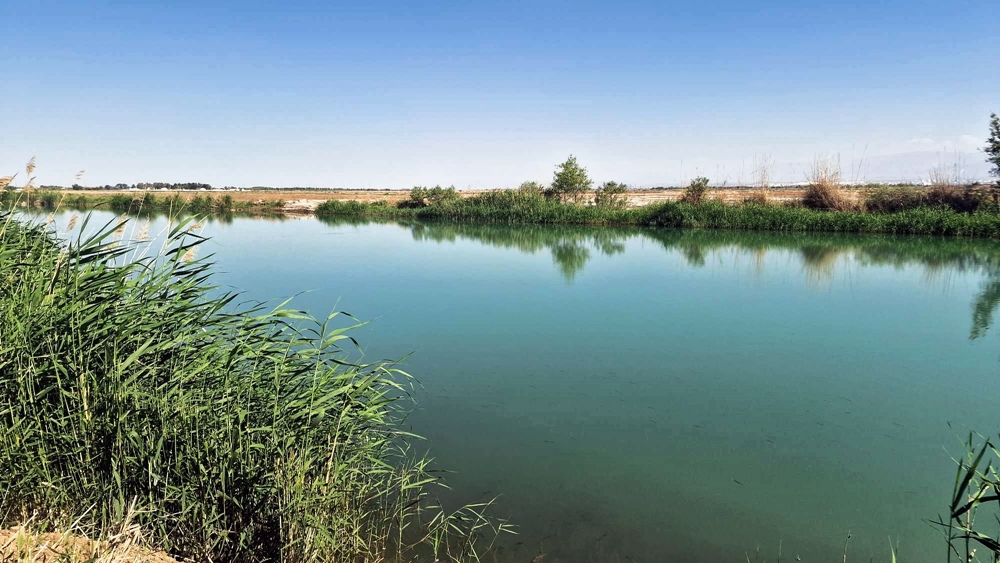Over the past three years, the Central Asian countries have concluded four new bilateral agreements on river water resources management. In the context of climate change, cooperation between the countries of the region is becoming more active. However, there are still gaps in the protection of transboundary groundwater. These topics were discussed at a regional seminar held in Tashkent, Uzbekistan, in February, UN News reports.
For arid and semi–arid regions such as Central Asia, effective water resources management and international cooperation in this area are key conditions for sustainable development. SDG indicator 6.5.2, which was discussed at the seminar, evaluates the level of cooperation between countries on this issue. Regular monitoring of this indicator helps to build trust between the nations and develop long-term strategies for shared water use.
Transboundary rivers
According to the data of the third reporting cycle conducted by the United Nations and UNESCO with the support of the Economic Commission for Europe (EEC) in 2023-2024, more and more bilateral agreements on transboundary waters were concluded in Central Asia. For example, Kyrgyzstan improved its performance due to the signing of two agreements with Uzbekistan in 2022.
Turkmenistan and Uzbekistan also signed two new agreements in 2021 and 2022 to protect the Amu Darya River. Although these countries have already cooperated on this issue, the new 2022 agreement places special emphasis on cooperation in the face of climate change and growing water scarcity. It stipulates that any actions affecting the natural flow of the Amu Darya, including the construction of hydraulic engineering facilities, must undergo independent international expertise.
Groundwater
Cooperation on the 45 transboundary aquifers (land layers containing water) in Central Asia is still lagging behind river management, but there is progress. Thus, Kazakhstan and Uzbekistan began to work together on the protection of the Pritashkent transboundary aquifer located in the Syrdarya basin. Due to active water intake, its reserves are being depleted, and the deterioration of groundwater quality is becoming a serious problem. In 2022, Kazakhstan and Uzbekistan developed a roadmap for the protection of the Pritashkent transboundary aquifer and its sustainable use. The document is intended to strengthen cooperation on these issues.
The seminar actively discussed the possibility of using existing cooperation mechanisms, such as the Chu and Talas River Basin Water Management Commission and the Interstate Coordinating Water Management Commission of Central Asia, for groundwater management.
The seminar was attended by experts from Kazakhstan, Kyrgyzstan, Tajikistan, Turkmenistan and Uzbekistan, as well as representatives of international and non-governmental organizations. The outcomes of the meeting will be used in the framework of a new regional project on low-carbon and climate-resilient transformation of the water-land-energy balance in Central Asia. ///nCa, 24 February 2025
